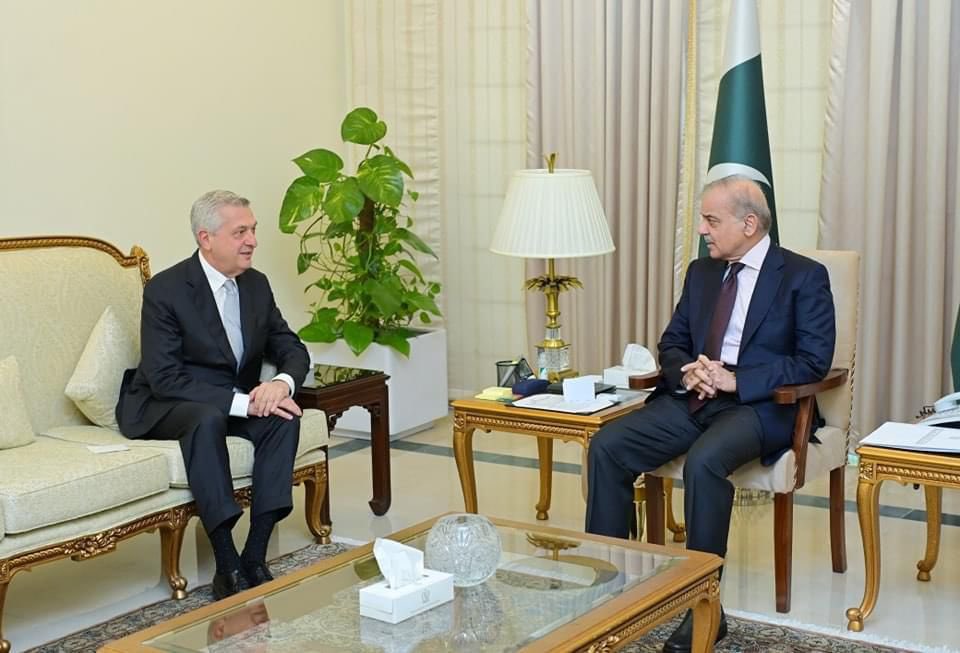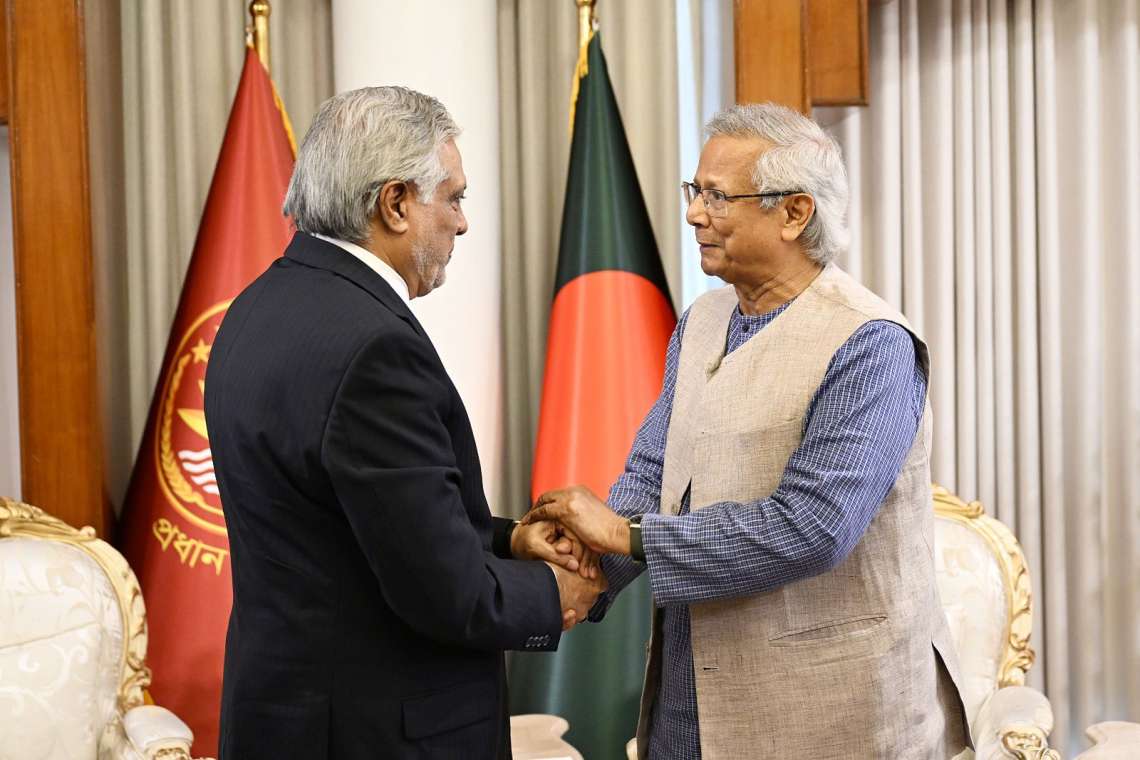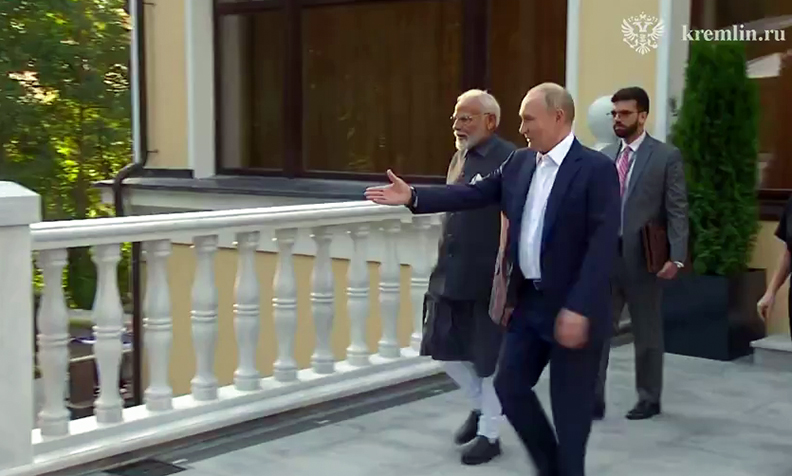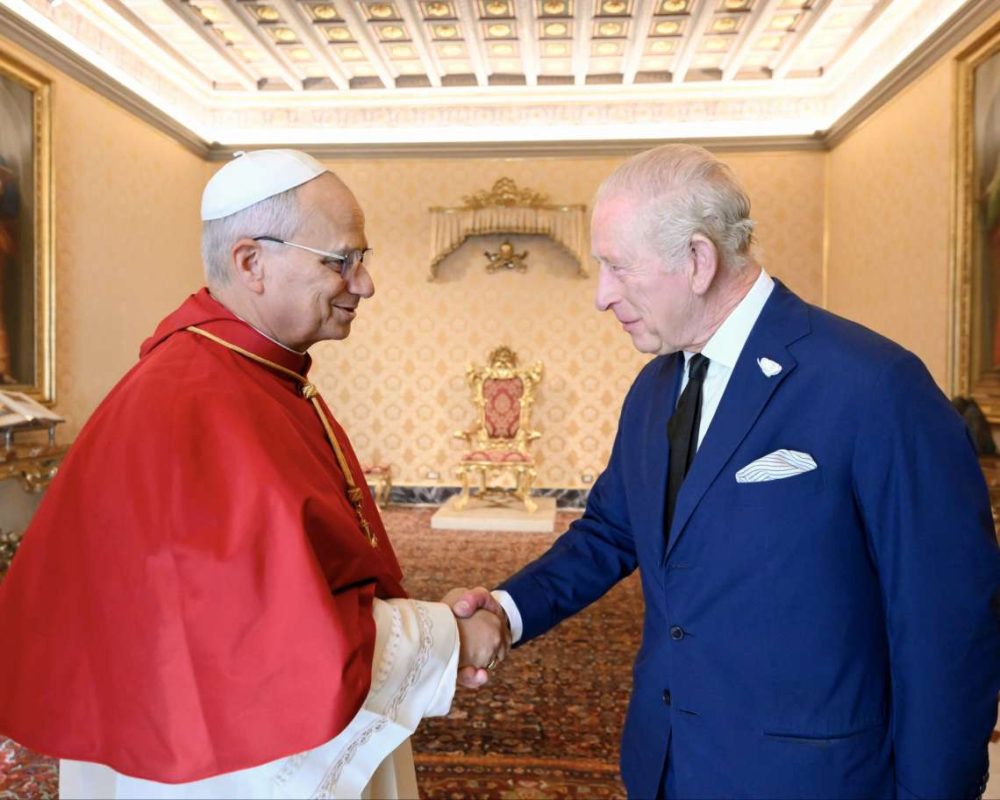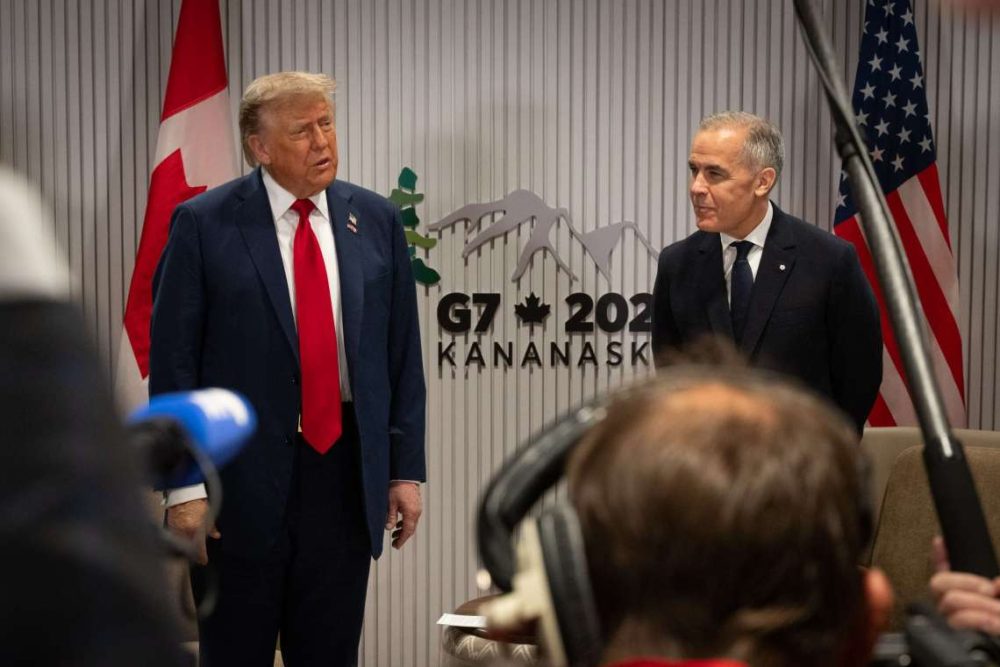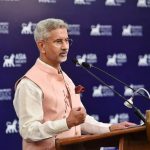Grandi, who arrived in Pakistan on Sunday, spent two days meeting Afghan refugees, praising their resilience and Pakistan’s hospitality…reports Asian Lite News
The head of the UN refugee agency, Filippo Grandi, on Tuesday met with Pakistani Prime Minister Shabaz Sharif to address the uncertain situation of Afghan refugees amid Pakistan’s ongoing anti-migrant crackdown.
Pakistan hosts approximately 1.7 million Afghans, with many fleeing during the 1979-1989 Soviet occupation and over half a million escaping after the Taliban’s 2021 takeover. Since the crackdown began in November, around 600,000 Afghans have returned home.
Grandi, who arrived in Pakistan on Sunday, spent two days meeting Afghan refugees, praising their resilience and Pakistan’s hospitality. His visit aimed to discuss support for both refugees and Pakistan amidst increasing challenges.
Sharif emphasized that Afghan refugees have been treated with respect and dignity in Pakistan and called on the international community to recognize Pakistan’s burden and share responsibility. He also requested UNHCR’s assistance in repatriating the refugees safely and with dignity.
Grandi also met with Asif Durrani, Pakistan’s special representative for Afghanistan, who expressed a commitment to finding a durable solution to the Afghan refugee issue, including repatriation.
The Taliban-led Afghan government has criticized Pakistan’s crackdown and set up a commission to handle repatriated nationals. Meanwhile, Pakistan faces a surge in militant attacks, mostly attributed to the Pakistani Taliban, straining ties with Afghanistan.
The trend of deporting Afghan migrants from Iran and Pakistan continued amid a humanitarian crisis despite international reactions, according to Khaama Press report.
The forced deportation of Afghan refugees from Iran and Pakistan has exacerbated the dire humanitarian crisis in Afghanistan. Many of these deportees face uncertain futures after returning to Afghanistan as the country faces economic instability and a lack of basic services.
The sudden increase in returnees has already overwhelmed communities and humanitarian organisations are struggling to provide support.
Human rights groups and organisations across the world have condemned the mass deportations and expressed concerns regarding the safety and well-being of Afghan deportees, Khaama Press reported.
International human rights groups said that such actions violate international law, especially concerning the principle of non-refoulement, which bans the forced return of refugees to a country where they could face persecution or serious harm.
Amidst these developments, Afghanistan faces a dire humanitarian crisis exacerbated by the forced return of thousands of migrants, many of whom include vulnerable women and children. The situation highlights ongoing human rights violations and challenges in protecting the rights and safety of Afghan refugees
After seizing power, the Taliban has shut schools for girls from grades 7 to 12 and barred women from pursuing studies in universities. It has also stopped most Afghan female staff from working at aid agencies, closed beauty salons and curtailed travel for women in the absence of a male guardian.
ALSO READ: India, Russia to expand links in civil aviation security


